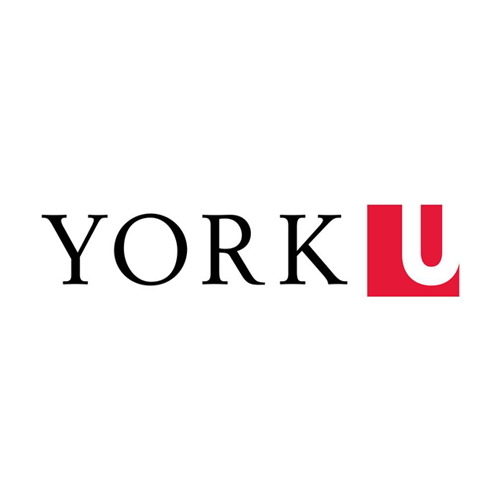York University | Toronto | Canada
The mandate of the City Institute, since its inauguration in 2006, has been to facilitate critical, interdisciplinary and collaborative research on a wide range of urban matters and to promote dialogue on Canada’s urban agenda at York and beyond. The explicit goal of the City Institute is to increase the research performance of the university’s urban scholars through an assertive program of sponsored research as well as being the primary body for developing York’s community of urban scholars. Through these initiatives, the City Institute aims to enhance the reputation of York University and its urban researchers not only in the city of Toronto and the GTA, but also nationally and globally. The City Institute is positioning itself as a national leader and an internationally recognized reference institution in urban research. Linda Peake, Patricia Wood and Roger Keil introduced us to the institute.
What were the main motivations to found the Institute?
The motivation came from a number of urban scholars at York University, with backgrounds in geography, sociology and politics, whose aim was to create a platform that could raise our profile and provide a space to bring us together. While we knew of each other’s work, we didn’t have many opportunities to work together. With the creation of the City Institute other scholars, locally and internationally, were more easily able to locate us and find out about our research. We also wanted to be able to not only showcase our work to the university and other scholars but also to reach out beyond the academy to partner with municipal governments, community organizations and the media.
What are the urban problems that you tackle?
The significant factor about the City Institute is that our research addresses issues not only in the GTA, but also across Canada and cities globally. In this sense we are unlike many other urban institutes in Canada, which either deal only with the city or the province in which they’re located. At this point in time we have a grant looking at issues of urbanization in the global south from a feminist perspective (GenUrb). But we also have a number of projects that are based on Toronto and the Greater Toronto Area, such as a project that we are working on jointly with other universities in the GTA that is investigating the status and extent of student housing as well as the transportation issues faced by students in the GTA. We have also built up connections with the City of Toronto, through CivicLabTO, which is an institution based at City Hall that brings together the four universities and the major colleges in the GTA. We also have ongoing projects that address issues of governance in smart cities globally and another large project that investigates queer practices of place making in cities across Canada. Finally, we have ongoing research related to suburbs and global suburbanisms as well as on contagious diseases, such as SARs and Covid-19, in (sub)urban areas. We also have a number of scholars who have made significant contributions to urban theory and are at the cutting edge of global urban debates.
What is distinctive to the City Institute’s approach to urban research in terms of concepts, critical perspectives and methods?
The majority of researchers who are engaged in urban research at the City Institute are critical urban scholars – marxist, feminist, queer and postcolonial perspectives predominate. The research produced is also grounded in empirical investigations, paying analytical attention to everyday life. We’ve also been doing community-based research at the City Institute since its inauguration in 2006.

